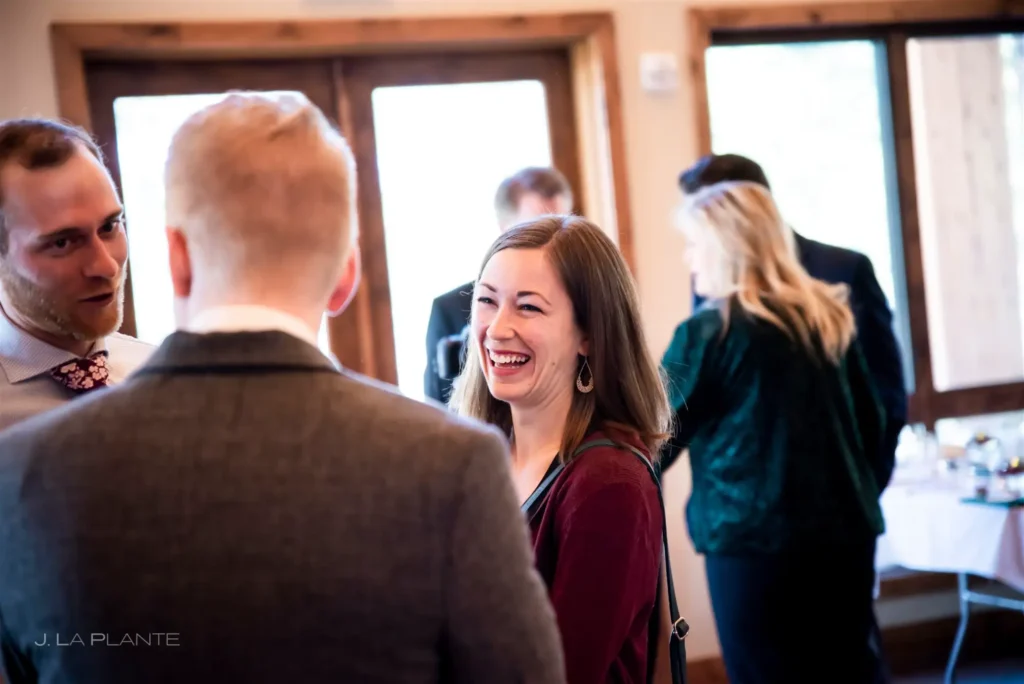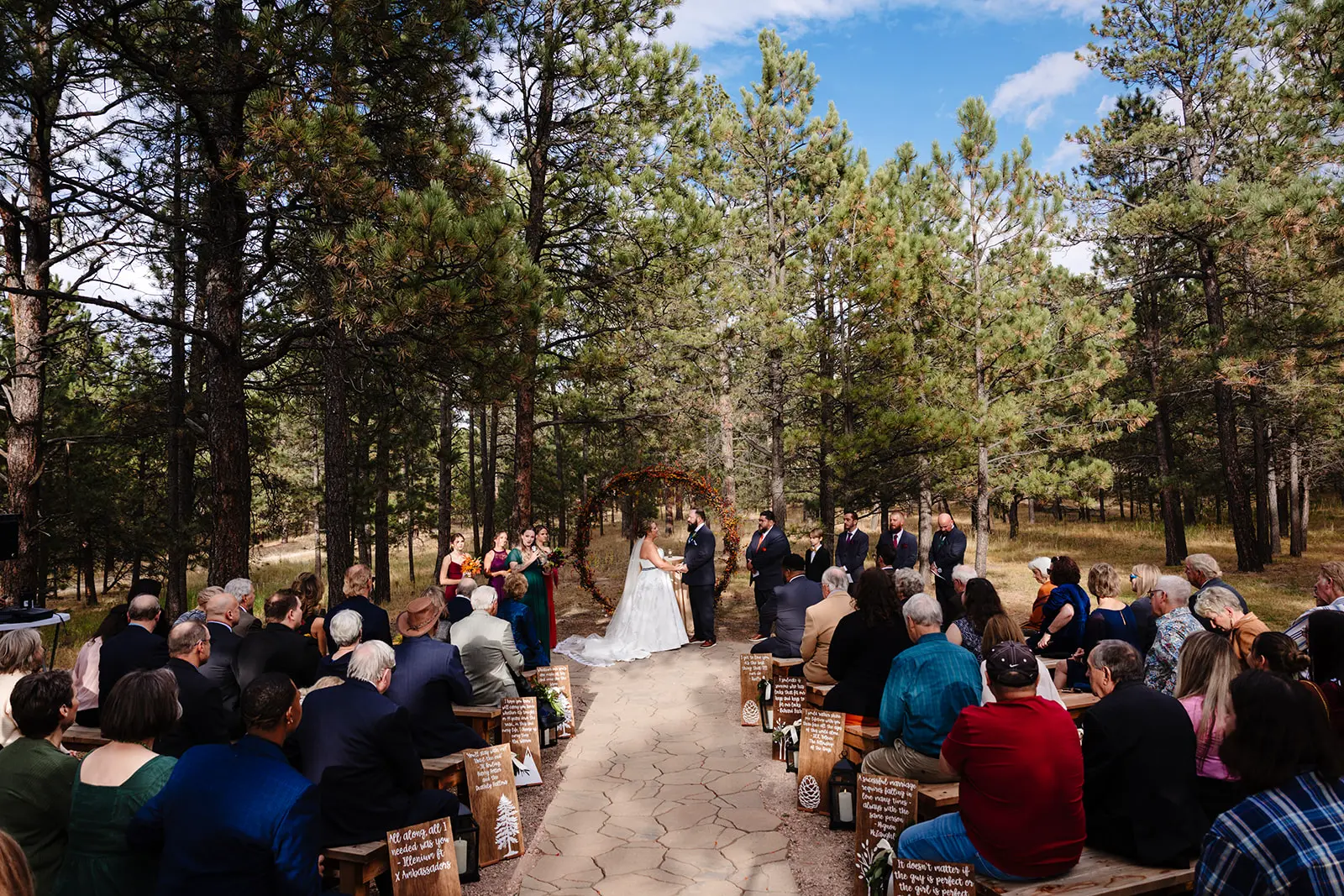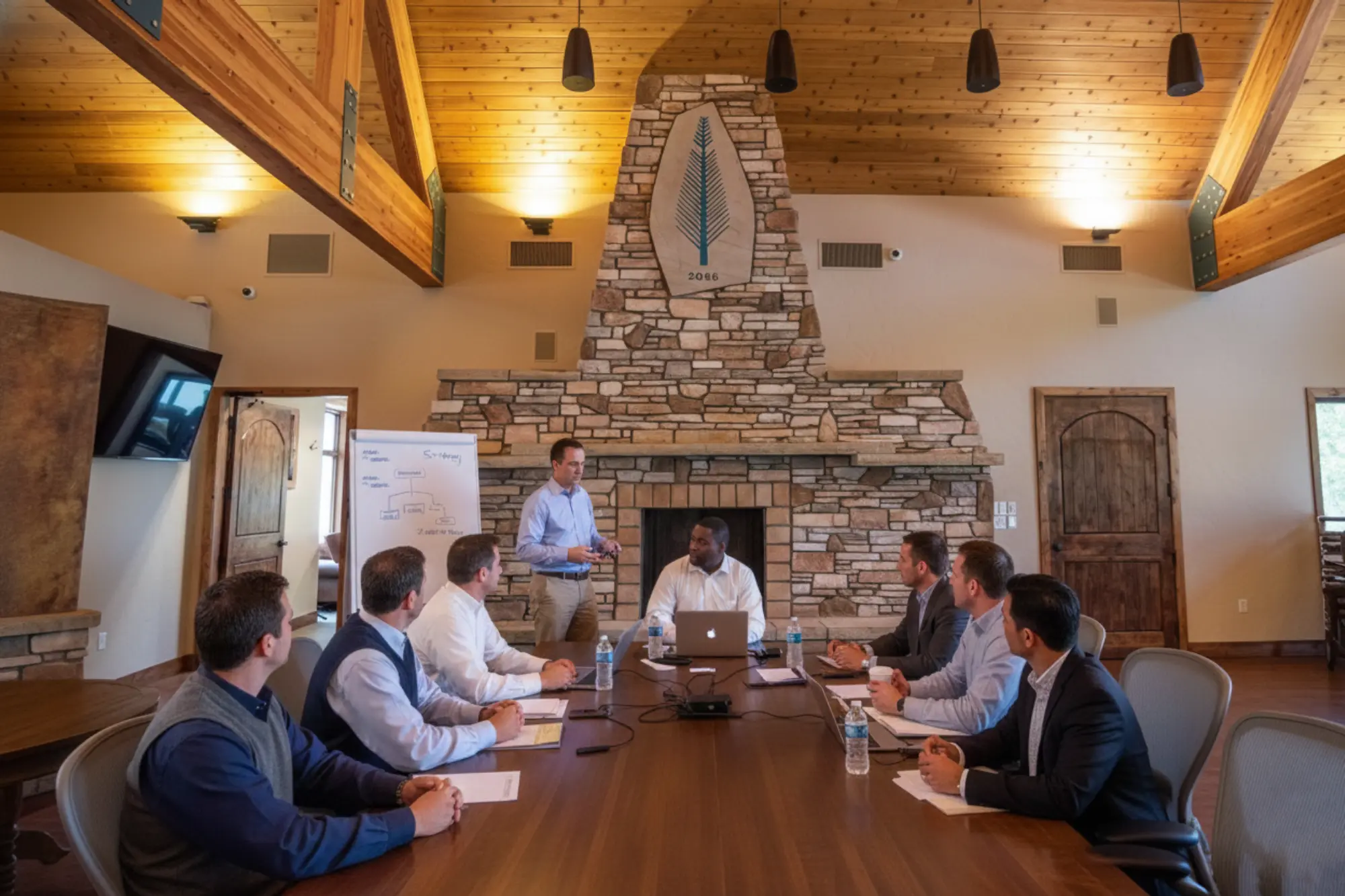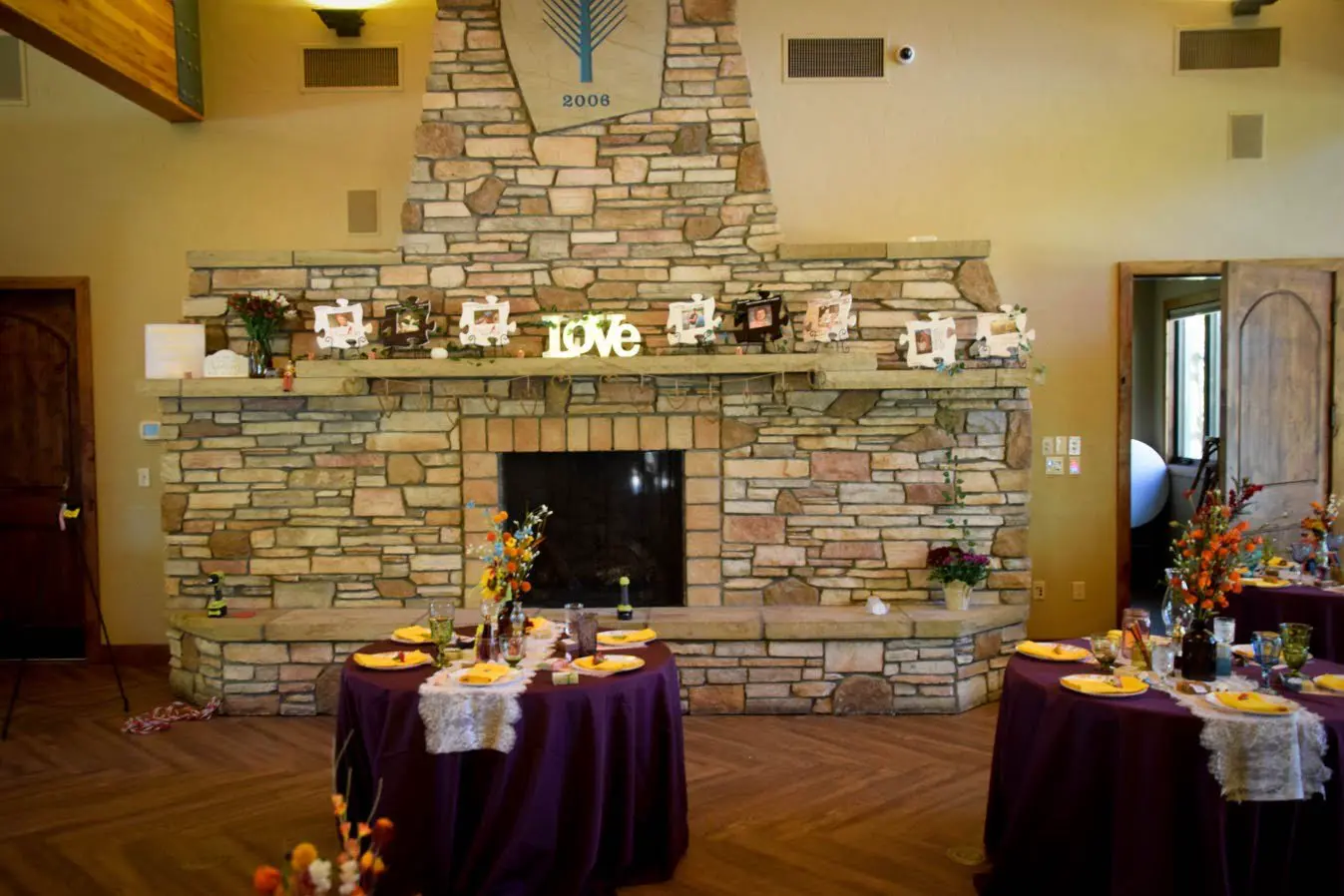Need to know how to organize a fundraising event? Start with setting clear goals. Then, create a budget, build a team, choose a venue, and market your event. This guide provides detailed steps for each stage.
Key Takeaways
- Define clear, SMART goals for your fundraising event to effectively measure success and engage participants.
- Create a detailed budget that includes all expenses and monitor actual spending to ensure financial success.
- The venue is a critical component of your fundraising event, significantly impacting its success.
Define Your Fundraising Event Goals
The cornerstone of any successful fundraising event is having clear, well-defined goals. First, ask yourself: What do we want to achieve? Clear goals set before the event help in evaluating its success afterward. Setting SMART goals—Specific, Measurable, Achievable, Relevant, and Time-bound—aligns your objectives with your organization’s mission, ensuring everyone is on the same page.
While financial targets are often the primary focus, don’t overlook the importance of engagement and awareness goals. A successful fundraiser involves both raising money and building relationships, while increasing visibility for your cause. Consider engaging your audience through social media interactions, volunteer opportunities, or educational components about your mission.
Feedback from previous events offers valuable insights to tailor your goals more effectively. Consider attendee suggestions for improvements and note aspects that were particularly successful. Use this information to refine your fundraising event planning and ensure each event is better than the last.
Budgeting for Your Fundraising Event
A detailed budget is the backbone for planning and executing a successful fundraising event. It guides decision-making and covers all financial aspects. Reference historical data to set accurate financial goals and create a comprehensive budget. This should include staff, print materials, catering, entertainment, utilities, and any other necessary expenses.
Prioritize budget allocation by distinguishing between necessary and optional expenses. For instance, implementing DIY strategies for decor can maintain a festive atmosphere without hefty expenses. Attach a contingency fund of 5-10% to cushion any unexpected costs.
Factor in commonly overlooked costs like liability insurance and payment processing fees. Monitor actual spending versus planned expenses to allow for necessary adjustments and avoid financial pitfalls.
Reduce event expenses by seeking in-kind donations or sponsors, which also foster community partnerships.
Assembling Your Event Team
A strong event team is crucial for success. Building a team enhances enjoyment and increases fundraising success through shared responsibilities. Assess the skills and strengths of potential team members to ensure effective task delegation. This can include roles like public relations manager, social media manager, and volunteer coordinator, each with clear responsibilities.
Recruit volunteers from donors, community supporters, mailing lists, and past event attendees for a diverse and committed team. Ensure everyone understands their roles and responsibilities for a cohesive kickoff.
A communication strategy with regular updates keeps all team members aligned. Use tools like Rosterfy’s messaging functionality for targeted communications to ensure team alignment.
Selecting the Right Venue

The venue is a critical component of your fundraising event, significantly impacting its success. Select a venue based on attendance impact, atmosphere, and event theme alignment. Ensure the venue is easily accessible and has adequate capacity for attendees and activities.
Consider logistics like parking options and restroom facilities to ensure guest comfort. For instance, our Lodge at Cathedral Pines is an example of a versatile venue located in a scenic area, perfect for various events.
The right event venue sets the tone and significantly impacts attendee experience. Align the venue with your event’s goals and ensure it accommodates all planned activities comfortably.
Marketing Your Fundraising Event
Effective marketing attracts a wide audience to your nonprofit event, charity event, and fundraising event to help raise money.
Utilize various marketing channels like:
- social media
- email campaigns
- press releases
- event flyers
to reach a broader audience.
Craft targeted messaging that resonates with specific audience segments to increase engagement and attendance.
Engage ambassadors and leverage connections with local businesses to expand your event’s visibility and support. Partner with local newspapers and use traditional media to reach different demographics. Use promotional materials like branded merchandise and compelling photos to spread the word about local events.
Consistency and creativity are key to successful event marketing. Marketing tools can help schedule regular updates to keep your audience informed and excited. A multi-faceted approach ensures comprehensive and effective marketing efforts.
Engaging Your Target Audience

Understanding and engaging your target audience is an important aspect for success. Consider who to invite, the type of event, and the fit for attendees. Use demographic information to tailor messaging and activities to each audience segment. The US Census Bureau can provide valuable data for targeted advertising.
Engage your audience with fundraising ideas like virtual events, in-person events, silent auctions, raffles, concerts, and games. Highlight different motivations, such as autonomy for students and networking for experienced individuals, to engage diverse attendee groups at fundraising events.
Evaluate if new supporters were reached to assess the event’s impact on broader awareness. Tools like Rosterfy’s messaging functionality can send targeted communications to ensure your message reaches the right people.
Streamlining Ticket Sales and Donations
Simplifying the donation and ticket purchase process is crucial for achieving your fundraising goals. Include a donation link on the event listing so attendees can contribute even if they can’t attend. Streamline the purchase process by incorporating donation forms with ticket options.
Accommodate different preferences by offering multiple payment modes like credit cards, PayPal, and text-to-give methods. Use fundraising software that allows customization of packages, coupons, discount codes, and donation options. Enhance efficiency during registration by integrating QR codes for check-in.
Boost revenue with additional fundraising methods like raffles and live auctions alongside ticket sales. Encourage ticket purchases and boost attendance with incentives like early-bird discounts. Streamline planning, ticketing, and marketing by automating key steps through event management software.
Day-of-Event Logistics
Efficient logistics are critical on the day of the event to ensure everything runs smoothly. Conduct a practice run-through with technology and volunteers to prepare everyone. Create clear guidelines for all team members to follow on event day.
Ensure all event team members know arrival details, attire, assigned tasks, and shift durations. Simplify coordination among all stakeholders by using one centralized platform like Rosterfy. Key logistics on event day include timely vendor check-ins, setup, and ensuring technology is ready.
Contingency plans for common issues help address potential hiccups that could disrupt the event. Hold a logistics meeting with team members on event day to communicate expectations and updates.
Post-Event Follow-Up
Following up after the event is vital for maintaining relationships and ensuring future support. Thank-you notes to volunteers and donors showcase appreciation and build long-term relationships. Engaging attendees and volunteers post-event reinforces connections and increases the likelihood of future involvement.
Gather feedback from attendees to gain insights into their experience and inform future improvements. Surveys can assess the success of the event and participant satisfaction.
Post-event marketing strengthens donor relationships by showcasing contribution impacts and encouraging future participation. Post-event communications that reinforce donor relationships lead to ongoing support and engagement.
Overall, follow-up actions after a fundraising event are vital for building long-term relationships and ensuring continued support.
Evaluating Your Event’s Success
Evaluating your event’s success is beneficial for future improvement and planning. Compare total revenue against expenses to assess financial performance and determine return on investment. Evaluate key metrics including financial performance, attendance numbers, outreach effectiveness, and participant retention.
Collect feedback through surveys or direct communication to help improve future events. Timely follow-ups leverage positive memories from the event to strengthen supporter engagement. Share fundraising outcomes and fund utilization to motivate continued supporter involvement.
Summary
In summary, organizing a successful fundraising event requires careful planning, clear goals, and effective execution. From setting SMART goals and budgeting, to assembling a dedicated event team and selecting the right venue, each step plays a crucial role in the event’s success. Marketing, engaging your audience, and streamlining ticket sales and donations are equally important.
By following these tips and incorporating feedback, you can ensure your next charity event is both impactful and memorable. Remember, the key to a successful fundraiser lies in the details. Good luck with your future fundraising efforts!
Frequently Asked Questions
Why are clear goals important for a fundraising event?
Clear goals are essential for a fundraising event as they enable the evaluation of success, ensure alignment with your organization’s mission, and create a framework for monitoring progress. Establishing these goals will ultimately guide your efforts and enhance the overall effectiveness of the event.
What should be included in a fundraising event budget?
A fundraising event budget should include expenses for staff, print materials, catering, entertainment, utilities, and a contingency fund for unexpected costs. This ensures you have a comprehensive financial plan for your event.
How can I recruit volunteers for my event?
To effectively recruit volunteers for your event, target donors, community supporters, and utilize mailing lists along with reaching out to past event attendees. Connecting with these groups will help you build a strong volunteer base.
Why is venue selection crucial for a fundraising event?
Venue selection is crucial because it directly affects attendance, creates the desired atmosphere, and ensures smooth logistics, all of which significantly contribute to the overall success of the fundraising event.
What are some effective marketing strategies for a fundraising event?
An effective marketing strategy for a fundraising event includes leveraging social media, email campaigns, press releases, and event flyers, while also engaging ambassadors and local businesses to enhance visibility. This multifaceted approach can significantly boost participation and support for your event.



